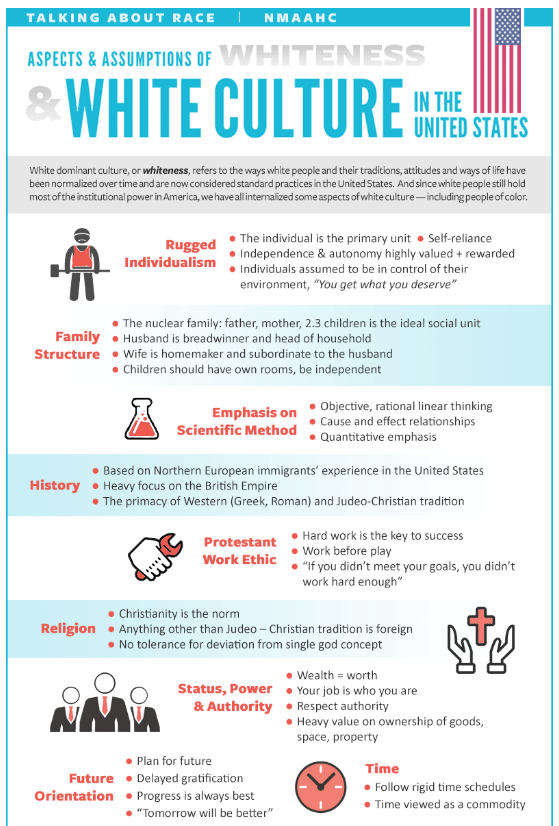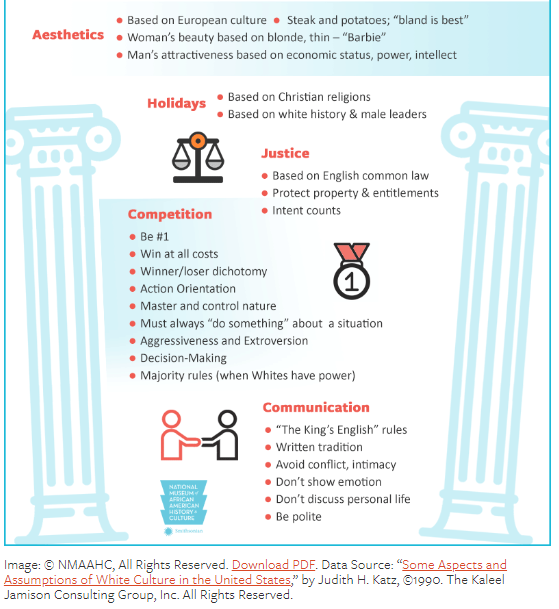The discussion of race in this country has become absurd to a point of insanity. The dialectic breaks down into two basic camps as far as I can tell. One camp, let’s call them the traditionalists, believe that race shouldn’t be a deciding factor in how people are treated and that we should expect the best of every person in our society regardless of their race. The other camp, we’ll call them the progressives, believe that systemic racism has oppressed people of color for centuries and needs to be destroyed in order to end the oppression. I know many people that would bristle at my description of the progressive argument, but I take that argument from the progressive camps own scholars. That, though, is a discussion for another blog. I try to keep these short.
One term or idea that has come out of this poisonous discussion is “anti-racism.” An anti-racist is a person who identifies and challenges the values, structures, and behaviors that perpetuate systemic racism. Seems straight forward on the surface, but then we must dig into the definition of systemic, or structural, racism. Structural racism is a lens from which a person can view the world that allows them to see that, as a society, we take for granted a context of white leadership, dominance, and privilege. This is, basically, white privilege or “whiteness.”
With all of that out of the way, I think we can start to break down what anti-racism really means when we look at the article published by the National Museum of African American History and Culture which is a branch of the Smithsonian Institution museum (yes, this atrocious article, which I’m sure you’ve seen was published by an organization partially funded by our tax dollars. THIS is a moment where I say taxation equals theft).
In the article, they included a graphic that they have since taken down, but I’ll include it here. The graphic is titled “Aspects and Assumptions of Whiteness and White Culture in the United States” by Judith H. Katz and lays out the varying aspects of “whiteness” that apparently we should avoid. The list is confusing to say the least as none of the attributes on the graphic describe anything about a pale skin color. Instead it lists such items as: Self-reliance; Independence and Autonomy; Objective or rational linear thinking; Hard work is the key to success; Value on owning goods, space, or property; Plan for the future; Progress is always best; Following a schedule; Protection of property; Action Orientation; Must always do something about a situation; Decision-making; Being Polite.
This, I must say, is not an extensive list but it certainly drives home a picture of the person they want you to be. In this ideology “whiteness” is bad, so these are supposed to be activities that they would suggest you do not partake in. Considering this list, I believe it is safe to imply what kind of person the creators of this graphic would like you to be. If we reverse the wording the path away from “whiteness” (and evil) becomes clear:
- Be reliant on someone else
- Be dependent and controlled
- Subjective or irrational thinking
- Take handouts since hard work won’t get you anywhere
- No possessions to call your own
- Don’t Consider the future, act only on what you want NOW
- Don’t better yourself
- Don’t have discipline
- Don’t protect yourself or your property
- Don’t act in any given situation
- Don’t feel the need to “do something”
- Don’t make decisions
- Be rude (so no one enjoys being around you)
These attributes have nothing to do with race. They are building blocks for a successful and stable culture. These people think you should be dependent, inactive, and unable to escape. To me it sounds like they want slaves. I know that’s a loaded term, but let’s be real. Any person that genuinely cares for another would NEVER give them this advice. Would you honestly tell a loved one to never make decisions? To never better themselves?
The implication this graphic makes, whether the artists meant to imply this consciously or not (I’ll say not to be charitable), is that non-white people are less able to embody these attributes and so these structures in our society must be destroyed so non-whites can be equal. That is a horrendous white supremacist message. To any black, brown, yellow, green, purple, lizard-skinned person reading this. You are just as capable of embodying the best aspects of man such as rational thought, discipline, and independence. The anti-racists say otherwise. They imply that you can’t do it…which seems pretty damned racist to me.
Being colorblind isn’t cool anymore. Somehow treating everyone the same makes me racist now to this crazy ideology, but I’m going to do what I know is right. I’m going to treat everyone as the valuable gift from God that you all are.
Below I have copied an archived version of the graphic. They don’t have the balls to stand behind their ideals, so I’ll gladly flaunt them as an educational tool.
Cheers.



